
- Programs & Services
- Learning & Development
- Health & Wellness
- Faith & Traditions
- Economic & Financial Planning
- Community Engagement
- Support Services
- News
- Upcoming Events
- Watch Now
- Opportunities
- the.ismaili
- Feedback
- Login
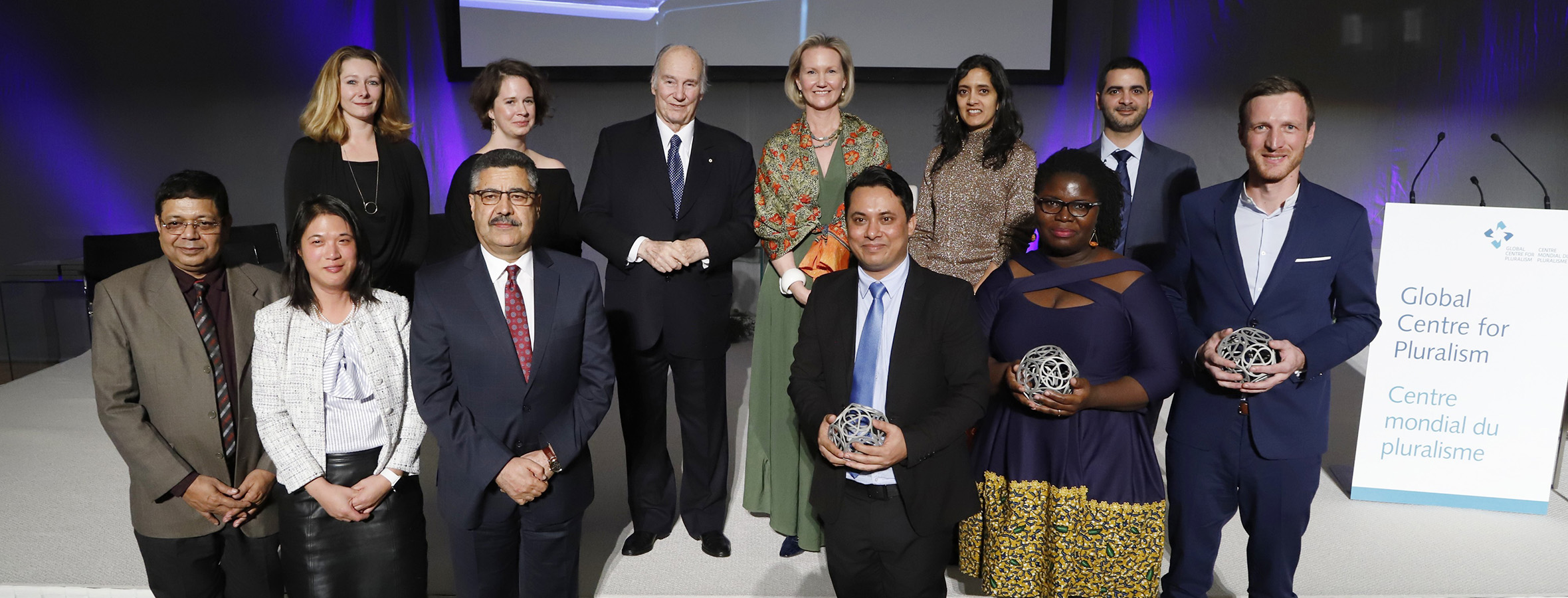
The Global Centre for Pluralism (GCP) hosted the second biennial Global Pluralism Award ceremony in November 2019. The ceremony recognized three winners who each received a $50,000 grant to support their work.
The award celebrates achievement and excellence in the field of pluralism—the principle of recognizing, valuing and respecting human diversity. The GCP’s vision is a world where human differences are valued and diverse societies thrive.
“A more inclusive, understanding approach to diversity is needed more than ever today,” said His Highness the Aga Khan during his address at the ceremony. “The Award offers examples to inspire how we take on that challenge.”
The Ismaili Canada’s BC Bureau Chief Omar Rawji attended the ceremonies and sat down with the winners. Here are their stories.
Strengthening African culture and pride through literature
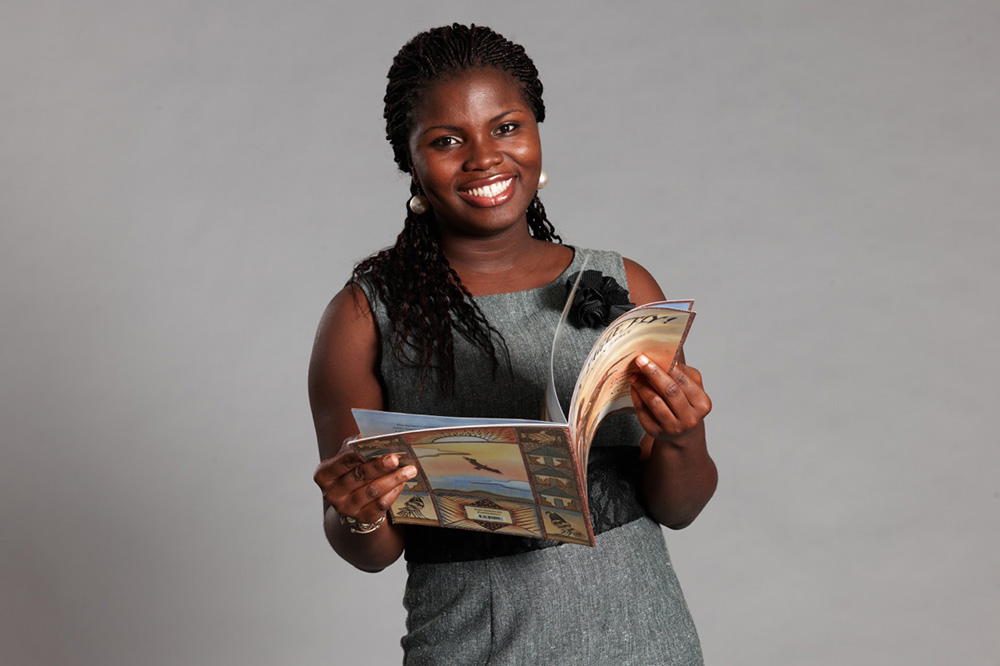
While studying at university in the U.S. 13 years ago, Deborah Ahenkorah would send children’s books back home to Ghana for use in schools and libraries.
One day, she saw a black girl in a story and realized it was the first time she was seeing someone like herself in a children’s book. She decided that it needed to happen more. So, in 2008, she co-founded Golden Baobab, a non-profit organization that seeks to increase African representation in children’s literature.
“Stories for children are a window into the world. For African children to see windows into the world without seeing themselves, that shouldn’t exist,” Ahenkorah said. “For children in other parts of the world, if you grow up never reading stories from the [African] continent because those stories aren’t being produced, we shortchange you in understanding what the world looks like.”
Ahenkorah’s organization provides African writers and illustrators with opportunities and training to create and publish storybooks. Golden Baobab also presents an annual prize for children’s books regarded as one of the most prestigious prizes for children’s literature in Africa.
“We’ve done this through the scrappiest methods with the scarcest resources because a lot of funding in Africa goes towards development issues, and children’s literature or supporting writers is not seen as a development issue,” Ahenkorah said, explaining that most development funding goes towards challenges like malaria treatment and security. The importance of strengthening culture and pride is sometimes overlooked, said Ahenkorah.
“We organize a prize, we do workshops, we publish, but at the core of all of that is this desire for more inclusion, for more representation,” she said. “For that to matter—and that’s what the Global Centre for Pluralism is honouring today—for me, that’s the most special thing.”
Cultivating change through compassionate leadership
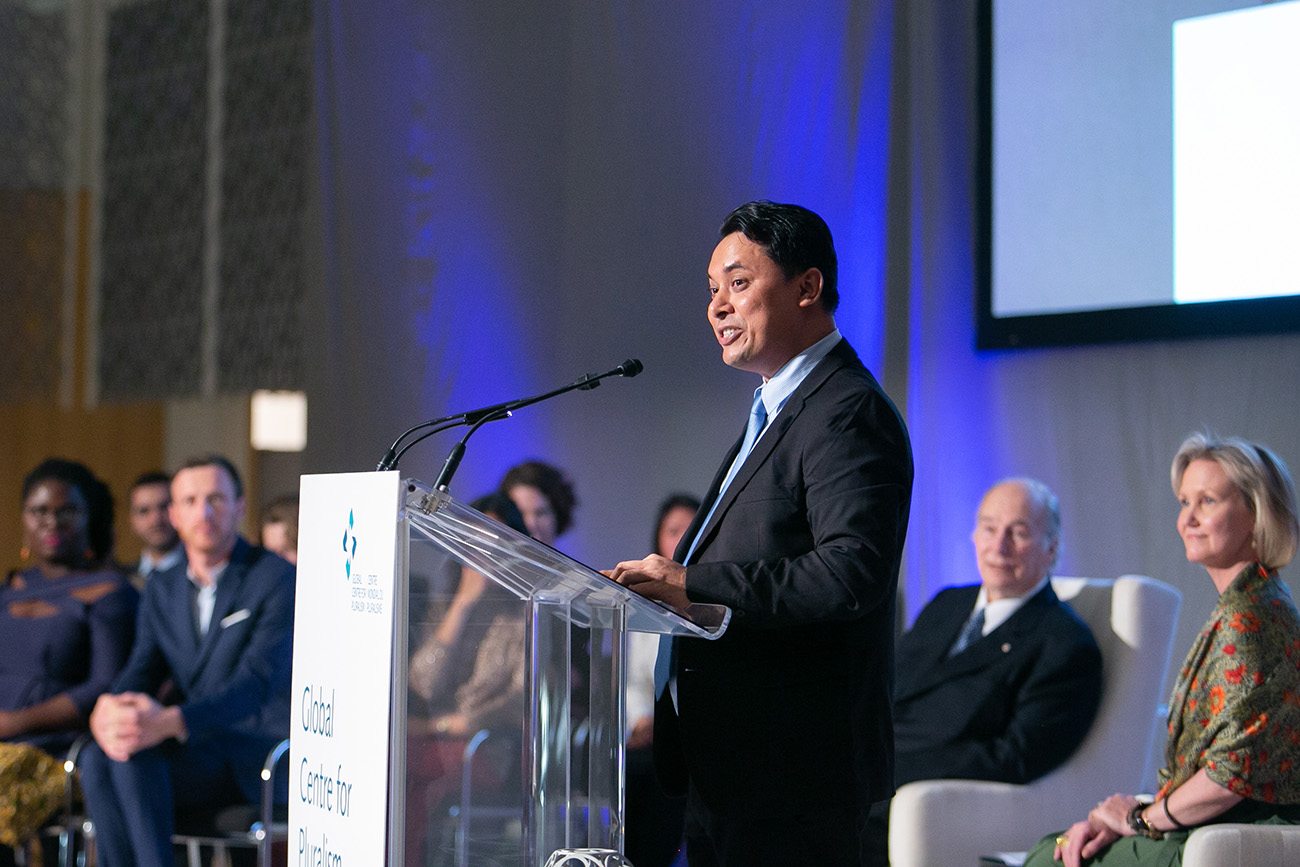
Aung Kyaw Moe first heard about pluralism as a student. The concept came up in a class during his studies in democracy and human rights at Southern Methodist University in Dallas, Texas.
It made him think of his home country of Myanmar, a diverse country transitioning towards democracy and struggling with ethnic tension, he said, adding that Myanmar’s Muslim population has been excluded from decision-making processes.
In 2016, Moe set up the Center for Social Integrity, a non-profit organization that assists with humanitarian issues and advocates for pluralism among conflict-affected groups. The center has impacted hundreds of people through humanitarian aid and youth development programs.
One of their key initiatives is the Transformational Leadership Program, which aims to empower youth from different backgrounds to foster social cohesion within their communities.
“My organization is trying to generate the next generation’s leaders from different ethnicities and different religions to promote the values of diversity and promote tolerance among the different groups,” Moe said. “Diversity should be at the heart of the country if the country wants to be successful.”
Because of the nature of the work, at times, Moe has feared for his life. “If you’re trying to promote things that go against powerful forces, it’s risky,” he said.
Moe added that he hopes the GCP’s recognition of his organization will embolden others working in the same field in Southeast Asia.
“Pluralism in the region has always been under threat,” said Moe. “My organization wants to be a pioneer in Southeast Asia, ensuring pluralism is at the heart of the democracy we are trying to achieve.”
Teaching remembrance and reconciliation in the Balkans
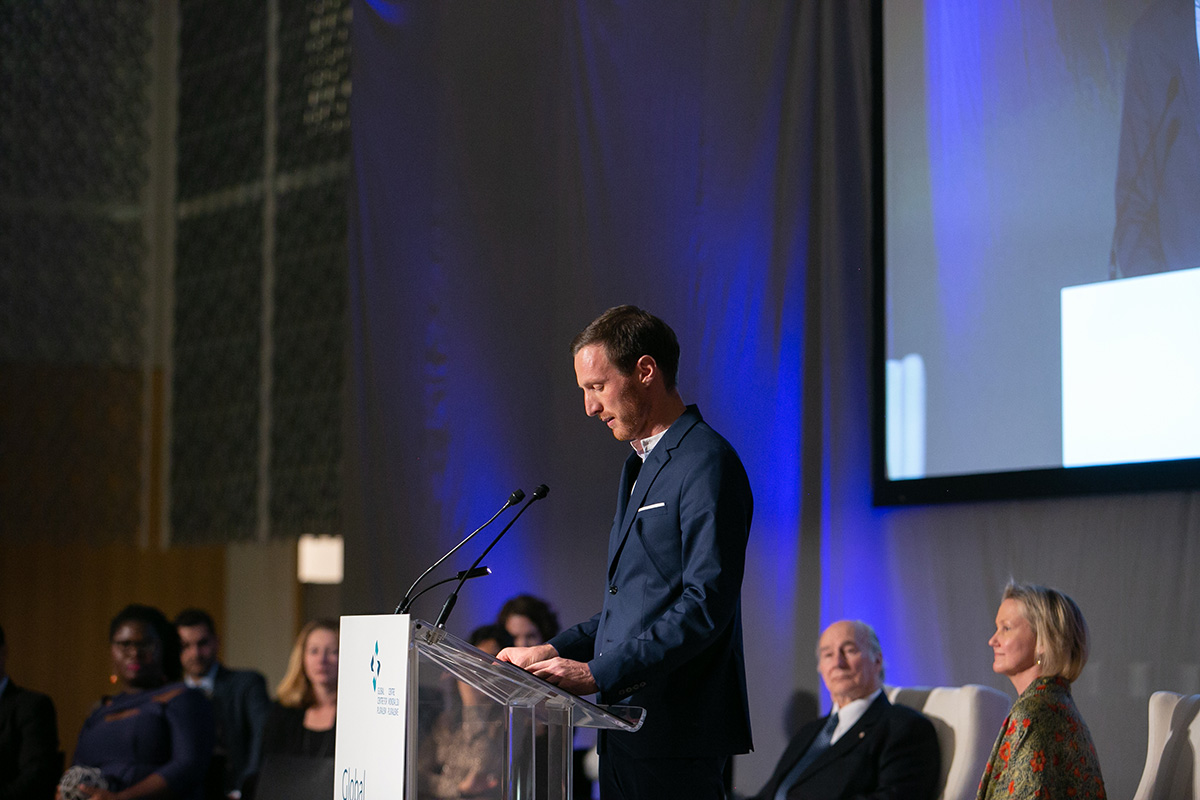
After a brutal civil war in the early 1990s split Yugoslavia into four countries—Serbia, Croatia, Montenegro and Bosnia-Herzegovina, schools in each region were teaching one-sided versions of the region’s recent history.
Igor Radulovic, a teacher from Montenegro, boiled those lessons down to this: “We were the right one. They did bad things.” Radulovic attended the Global Pluralism Awards to represent Learning History that is not yet History (LHH), a group of educators from the four countries who aim to change how the region’s recent history is taught.
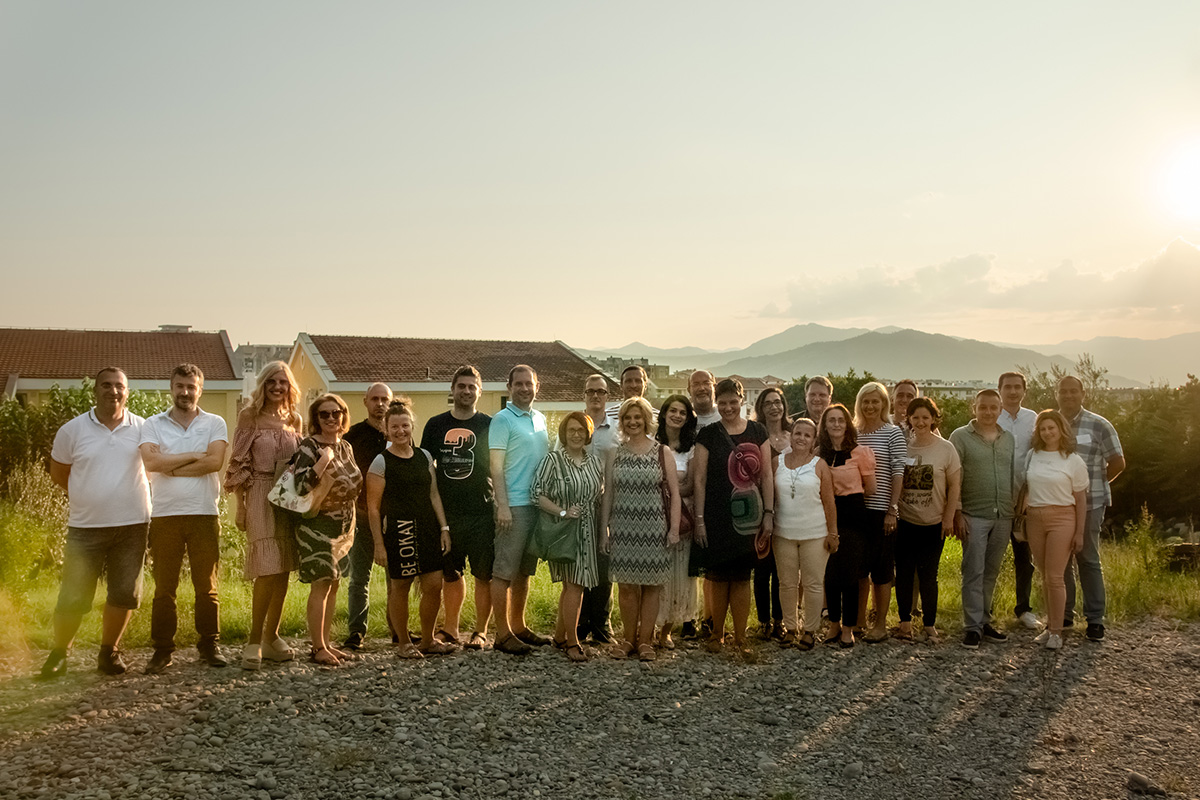
“Our main goal and idea was to empower both history teachers and students because, in our opinion, this topic was not being taught in the manner it should be,” Radulovic explained. “We wanted to create some common ground.”
The group brought together partners from all four countries to help teachers create history lessons. Using resources and experiences from each country, they develop lesson plans together.
The LHH team was surprised and honoured to be selected for the 2019 Global Pluralism Award, said Radulovic.
“We weren’t even aware that there are people outside our region appreciating our work. That someone outside wanted to know what we were doing, wanted to check all the things we were involved in, and obviously they recognized our work—this is a tailwind for us. It will be something that pushes us forward.”
The LHH team intends to expand their efforts with the award money. This summer, they plan to move into the second phase of the project by providing resources and encouraging teachers to develop a summer school curriculum.